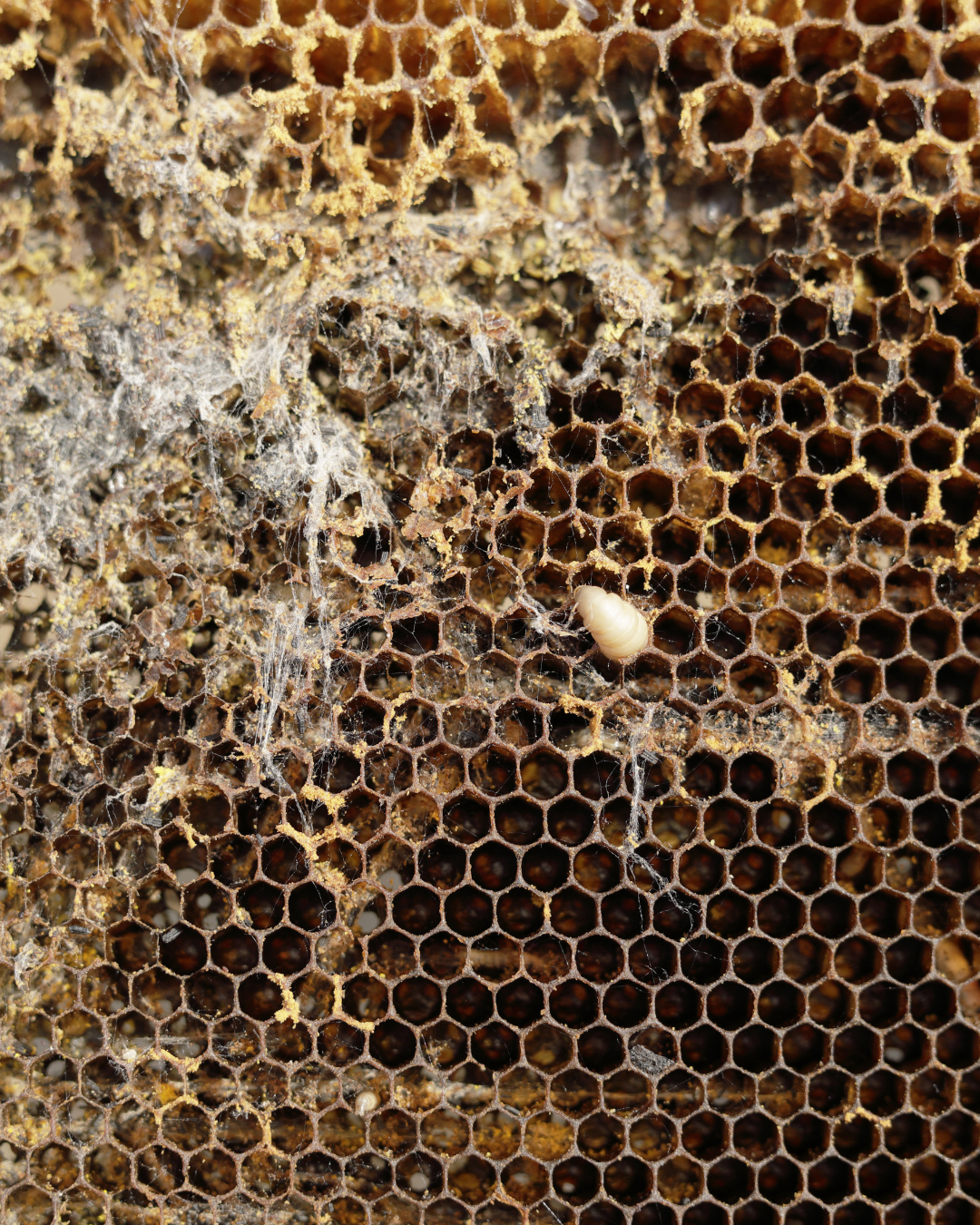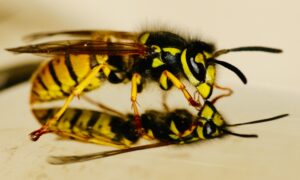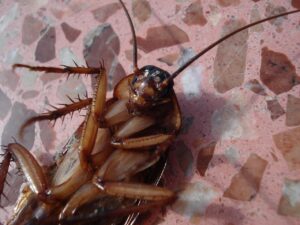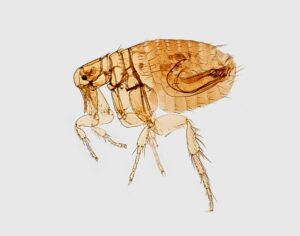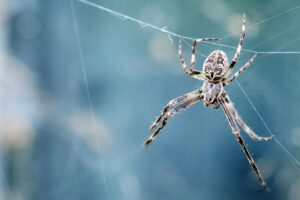Bees play a vital role in our ecosystem by pollinating a variety of plants, including many of the crops that make up our food supply. However, for some, the presence of bees can cause anxiety, especially for those who are allergic to bee stings. If you find yourself in a situation where bees are becoming a problem near your home or garden, it’s important to find ways to manage them without harming these essential pollinators. In this blog post, we’ll explore safe and effective methods to keep bees away without disrupting their important role in nature.
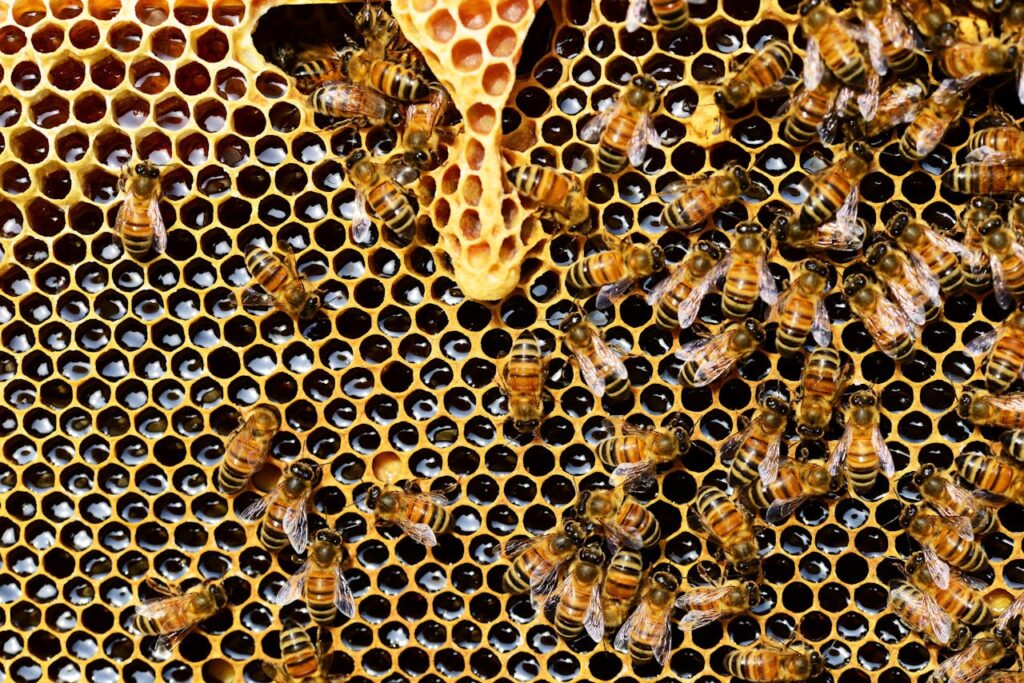
Bee Behavior and Attraction
To effectively manage bees, it’s crucial to first understand what attracts them. Bees are drawn to flowers, sugary substances, and certain scents, all of which serve their purpose in pollination. They also tend to favor sunny, warm environments where they can forage for nectar.
Natural Habitats and Nesting Preferences
Bees are likely to set up their nests in quiet, undisturbed areas like tree hollows, cracks in walls, or underground burrows. Understanding where bees are most likely to nest can help you avoid inadvertently disturbing their homes.
Floral Patterns and Colors that Attract Bees
Bees are attracted to bright, vibrant colors such as yellow, blue, and purple. This is why they might be attracted to blooms like daisies, lavender, and sunflowers. While these flowers are beneficial for pollinators, they can also attract bees to areas where you don’t want them.
Scents and Substances that Draw Bees In
In addition to flowers, bees are attracted to sweet scents. This includes the smell of sugary foods, perfumes, and even some body lotions. By understanding what draws bees in, you can take steps to reduce these attractants around your home.
Natural Methods to Repel Bees Safely
There are several natural ways to keep bees away without harming them. These methods are gentle, effective, and safe for both bees and people.
Planting Bee-Repelling Flora
Certain plants can act as natural deterrents to bees. Plants like marigolds, basil, and eucalyptus have scents that bees find unpleasant. You may help keep bees away from your house or garden without hurting them by carefully positioning these plants. This is a simple yet effective form of bee prevention.
Utilizing Essential Oils as Deterrents
Essential oils are another great tool for keeping bees away naturally. Scents like peppermint, citronella, and eucalyptus can be used in diffusers or homemade sprays to deter bees from specific areas. Just a few drops of these oils mixed with water can create an effective solution to keep bees from nesting near your home. Using essential oils for bee prevention is not only effective but also eco-friendly.
Creating Natural Barriers with Scents and Objects
In addition to plants and oils, certain substances like cinnamon, garlic, and baby powder can be used to create a barrier around areas where you don’t want bees. Just scatter these materials near entrances or locations where bee activity is highest. These natural deterrents can help keep your space bee-free without causing harm to the insects.
Modifying the Environment to Discourage Bees
Sometimes, making simple changes to your environment can reduce the likelihood of attracting bees. Here are some practical tips to discourage bees from becoming a problem.
Strategic Placement of Outdoor Activities
Bees prefer warm, sunny spots, so try to position your outdoor seating areas, patios, and gardens away from areas where bees are likely to nest. If you enjoy eating outside, consider placing your dining area away from flowers or beehives. This simple shift can help you avoid drawing bees to your gatherings.
Managing Floral Attractants
Consider putting flowers in your garden that are less appealing to bees. Choose more muted colors that won’t attract bees instead of vibrant ones. Additionally, consider removing or relocating flower beds that might be attracting bees to your immediate surroundings.
Maintaining Cleanliness to Reduce Attractants
Bees are drawn to sugary substances, so it’s important to keep your outdoor areas clean. Immediately clean up any food spills, and make sure trash bins are sealed tightly. If bees can’t find food scraps or sugary liquids, they’ll be less likely to hang around.
Coexisting with Bees and Supporting Pollinator Health
Bees should be kept out of places where they are not wanted, but it’s also important to bear in mind their function in the ecosystem. Here’s how you can coexist with bees while still maintaining a safe environment.
Establishing Bee-Friendly Zones
If you have room, think about setting up a special spot where bees may flourish without interfering with your daily routine. This could be a small garden with bee-friendly plants that attract pollinators but are far enough away from human activity zones. This helps you manage your space without harming bees and contributes to their conservation.
Educating on Bee Conservation Efforts
Bees are essential to our food supply, and their population has been in decline in recent years. These important pollinators may be protected by taking actions like helping out local beekeepers or taking part in bee conservation initiatives. You can also educate yourself and others about the importance of bees and the role they play in our food system.
Bees and Your Home: How to Keep Them at Bay Without Harm
Keeping bees away without injuring them is feasible and vital for your comfort and pollinator health. Plant bee-repelling plants, use essential oils, and keep your house clean to discourage bees. These technologies provide safe pest control while respecting bees’ crucial role in our environment. Balance is crucial to bee prevention—ensuring humans and bees can live happily.
Following these steps, you may establish a safe and bee-friendly environment without endangering yourself or these vital insects.Need help with bee prevention or safe pest control? Our specialty at Pest Defense Solutions is offering environmentally friendly, practical solutions that are customized to meet your requirements.Contact us today to protect your home from unwanted pests while safeguarding pollinators. Call now for a consultation!


